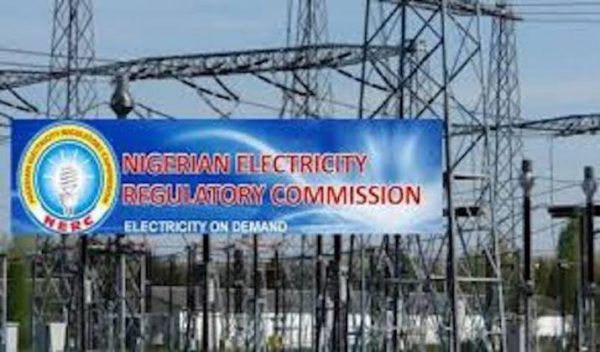Gencos: Nigeria’s Electricity Market Operating Without Contractual Terms
 Power generation companies (Gencos) in Nigeria have alleged that the Transitional Electricity Market (TEM) does not exist.
Power generation companies (Gencos) in Nigeria have alleged that the Transitional Electricity Market (TEM) does not exist.
The TEM was unveiled in 2015. The commercial interactions between operators were expected to be backed with contracts such as the Power Purchase Agreements (PPA), Ancillary Agreements, Gas Supply Agreements (GSA), and Vesting Contracts amongst others, under the TEM.
However, the Gencos noted that at best, the country’s electricity market was been run on conjecture, as against using enforceable commercial terms.
Speaking through their association – the Association of Power Generating Companies (APGC), the Gencos explained even though provisions in the TEM assured they would get full payments for power they supply to the national grid, they were yet to get full payments of their invoices to the market.
Their views were contained in a note the Executive Secretary of APGC, Dr. Joy Ogaji, shared with media source.
In it, the group explained that there was no binding contract in the market at the moment.
“Under the Electric Power Sector Reform Act (EPSRA) 2005, the electricity market in Nigeria would be administered by a number of industry contracts and market rules. The investment on generation is at the instance of the off-taker (in this case NBET).
“TEM was declared on 1st February, 2015. The declaration of the Transitional Electricity Market (TEM) would signal the commencement of all contracts but contrary to the TEM promise, the conditions for declaring it are still far away. Without effective contracts – Power Purchase Agreements (PPA), Ancillary Agreements, Gas Supply Agreements (GSA), Vesting Contracts between Discos and NBET and other industry contracts, TEM cannot be said to have taken off,” said the Gencos.
They further explained: “The TEM promise of 100 per cent Genco invoice settlement by NBET failed, placing a big financial burden on the Gencos. The promise provoked some additional investments by Gencos with its attendant high cost of capital, increased regulatory risk, increased debt profile.
“The Gencos were made to bear the brunt of this lack-lustre performance on the part of NBET and other market participants. The power sector is yet to attain a contractual market status. One of the notable functions of a contract is to facilitate forward planning and to make provision for future contingencies.”
According to them, the current market situation, “gives room for conjectures, no contract is binding, and all are on best endeavour.”
They stated that the absence of effective contracts to backstop gas supply agreements in terms of bankability, currently puts the Gencos in a tight corner.
“Instances abound where Gencos have had to resort to other means other than the electricity market to support the gas and other services just to put power on the grid. Genco requires adequate payment security from NBET as per the PPA to back stop payments due under the PPA,” they added.
On the imperative of the guarantee for the Gencos, they noted that the role of guarantees in the power value chain was important for their operations.
“With the existence of an enhanced payment security, Gencos will be able to fund working capital and raise capital expenditure to upgrade their operations in order to meet the electricity demands of Nigeria. Gencos requires adequate payment security from NBET as per the PPA to back stop payments due under the PPA,” they stated.
The Gencos recently accused the Nigerian Government of taking power from them and selling to countries in the West African region under the West African Power Pool (WAPP) on non- commercial but diplomatic terms.
The generation companies had also stated that the agreement on the daily export of about 300 megawatts (MW) of electricity to African countries did not take into account the commercial frameworks in Nigeria’s electricity market such as the Multi Year Tariff Order (MYTO) upon which the Gencos also produce power
The arrangement, they said, had made the deal shrouded in opacity as they often do not know the monetary benefit accruing to them from such sales.
The Gencos had also declared that they do not have absolute confidence in the ability of the sector regulator – Nigerian Electricity Regulatory Commission (NERC), to optimally regulate the power market, stating that although NERC had reportedly been fragile in the past, it currently has no control of developments in the market.








